The story of Ukrainian football’s struggles through war.
One year on from Russia’s sobering intrusion into Ukrainian territory, the ramifications of that fatal day are still reverberating around the football world.
The most instantaneous impact upon football was of course in Ukraine itself, where the professional top tier was immediately suspended due to safety concerns.
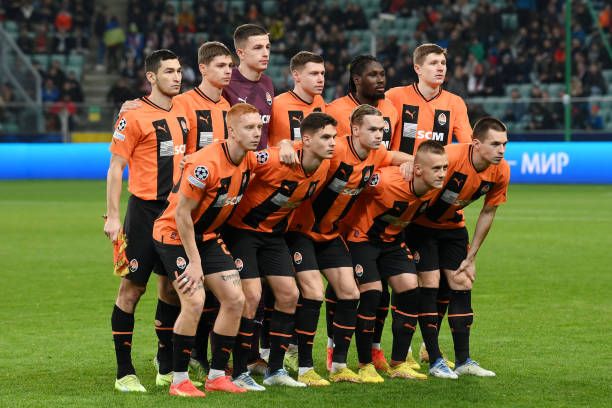
Many foreign players from well-established clubs on the European stage, such as Shakhtar Donetsk and Dynamo Kyiv, were forced to flee due to the ever-expanding seriousness of the conflict. With all commercial air travel in the country understandably grounded, the only option for these players were gruelling bus journey’s across Ukraine’s expansive agrarian countryside.
A host of players such as Brazilian underage internationals Pedrinho and Marlon Santos, were rendered stuck in the war-torn nation, forcing them into releasing an emotional plea on social media asking for help in evacuating themselves and their families.
Players were not the only affected party though, with many managers also caught in the crosshairs of the conflict. One such manager was then-Shakhtar Donetsk head coach Roberto De Zerbi, who had only arrived in Ukraine nine months prior.
Since departing the country following the suspension of the top-flight, the Italian has found himself in charge of Premier League side Brighton, whom he has guided to seventh place and into European contention.
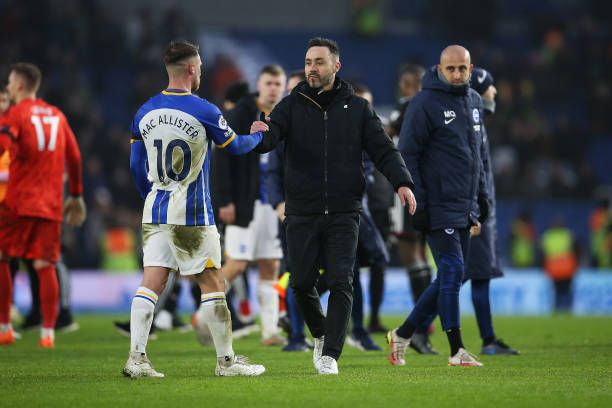 Roberto De Zerbi now finds himself in charge at the Amex Stadium.
Roberto De Zerbi now finds himself in charge at the Amex Stadium.The story of Ukrainian football manager Yuriy Vernydub, was another of note. Managing Sheriff Tiraspol in nearby Moldova, the former Zenit St Petersburg player returned to his homeland to fight on the front line, just months after coaching Sheriff to a famous Champions League win over Real Madrid.
Thankfully, Ukrainian domestic football managed to eventually return six months after the outset of the war, as a new season kicked off last August, albeit under extremely inauspicious circumstances.
The opulent setting of Kyiv’s Olympic Stadium, the ground which staged the Champions League Final just four years prior, was the venue as Shakhtar Donetsk and Metalist Kharkiv kicked off a new season in an attempt to restore some sense of normalcy to a weary people.
Unfortunately though, owing to the threat of air strikes, many of the games including the curtain raiser, had to be played behind closed doors for the safety of fans, along with the prospect of rushing players to nearby bomb shelters in the event of an air raid.
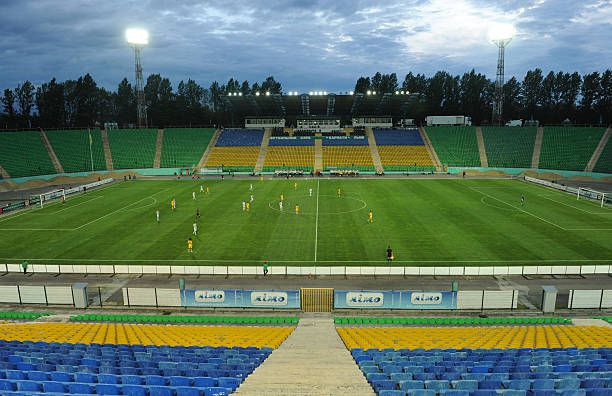 Games in the Ukrainian Premier League have been forced to take place behind closed doors.
Games in the Ukrainian Premier League have been forced to take place behind closed doors.Other issues which arose included the necessity for Ukrainian sides to play their home ties in European competitions in neutral venues outside of Ukraine. Countries such as neighbouring Poland and Slovakia, and even as far away as Sweden, were used by Ukrainian sides competing on the continental stage.
The unintended consequences of the war also include the asset stripping of Ukrainian clubs, who have seen some of their most valuable players sold at paltry prices in comparison to their relative worth. One such player was Brazilian international David Neres, who was bought by Portuguese side Benfica for a miserly €15 million from Shakhtar, whilst teammate and compatriot Dodo was sold to Serie A side Fiorentina for just €14 million.
It was not just players within Ukraine impacted by the war though, with a number of players plying their trade in the Russian Premier League also feeling its effects. Dynamo Moscow midfielder Arsen Zakharyan found his potential summer transfer to Chelsea called off due to sanctions imposed by the British government.
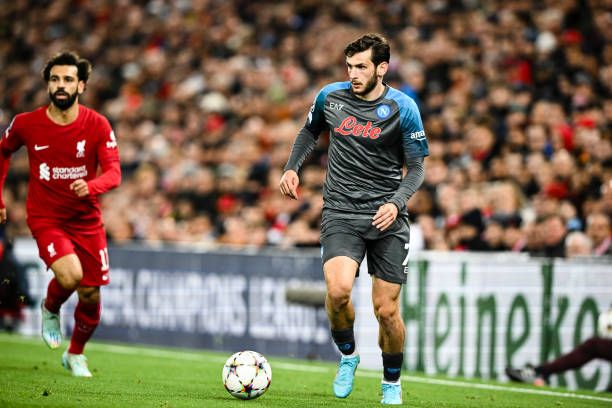 Khvicha Kvaratskhelia has lit up Europe’s premier club competition this season.
Khvicha Kvaratskhelia has lit up Europe’s premier club competition this season.One of the stars of this season’s Champions League, Napoli’s Khvicha Kvaratskhelia, was another who had his career trajectory altered by Russia’s invasion of Ukraine. Playing for Russian Premier League side Rubin Kazan, the Georgian winger was forced to take advantage of a FIFA ruling allowing players in the country to unilaterally suspend their contracts.
Due to it being mid-March and with most transfer windows shut, the man with the most assists in Serie A this season, was forced to play out the end of the campaign in his homeland of Georgia, before ultimately signing for the Neapolitan giants.
Club football was not the only part of the Ukrainian footballing pyramid to fall foul to the machinations of war, with the country’s national team also severely impacted. Due to face Scotland in March of 2022 in a play-off for a place at the Qatar World Cup, the game was suspended before being rescheduled to June.
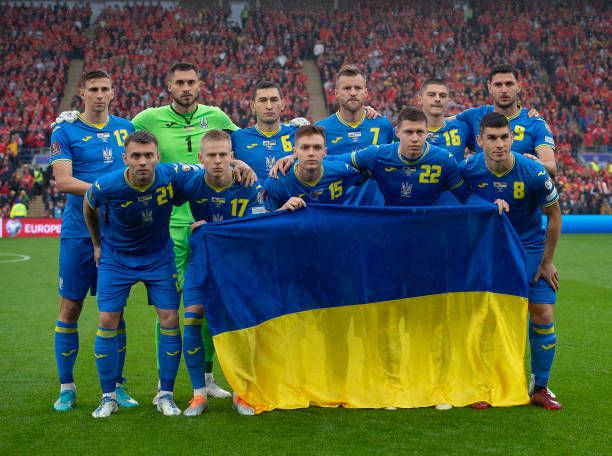 Ukraine fell short at the final hurdle in World Cup qualification.
Ukraine fell short at the final hurdle in World Cup qualification.Although they ultimately emerged victorious in the game at Hampden Park, the side captained by Andriy Yarmolenko fell short at the final hurdle against Wales, emotionally and physically drained from their heroic exploits in Glasgow just days before.
Whilst football is far from the top on the list of priorities within Ukraine at present, it is important one year on to recognise the impact which the war has had upon the sport in the country.
But it is also salient to keep in mind the power of football, something which 72-time capped Ukrainian international Taras Stepanenko recently remarked “I think sport can help Ukraine tell our story to the world, and in Ukraine we can make people feel good. For us now it’s very important”.
Related Articles:
- Evan Ferguson praised after matching feat of Premier League legend
- Trent Alexander Arnold accused of ‘lack of desire’ in Napoli thrashing
- Nathan Collins stuns Ukraine with goal sweeter than Michael Obafemi’s

























